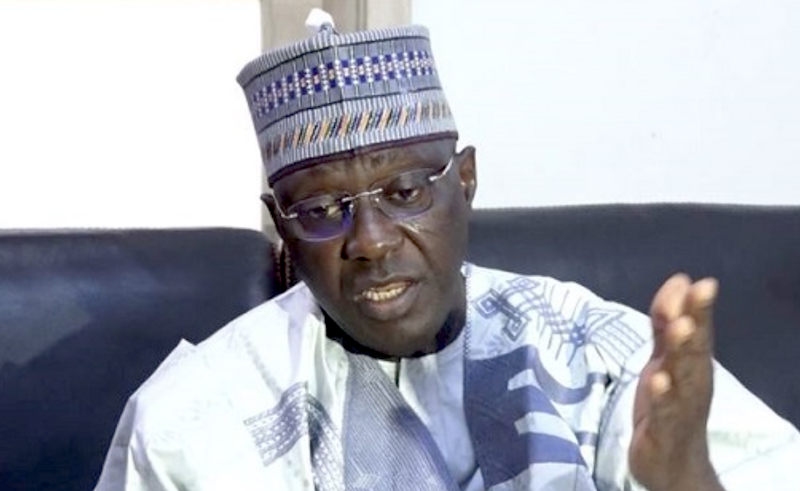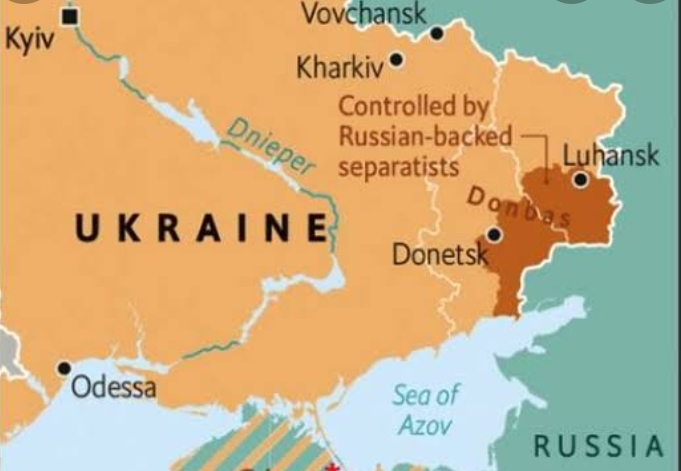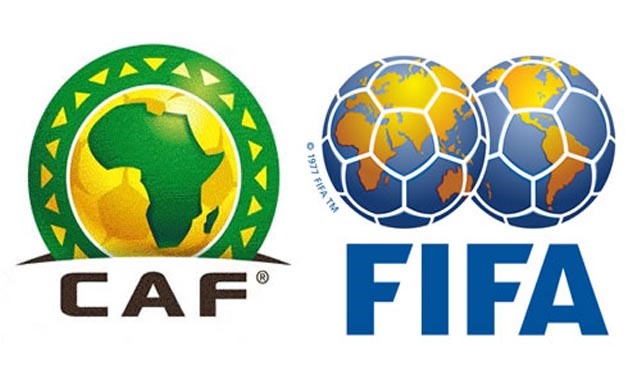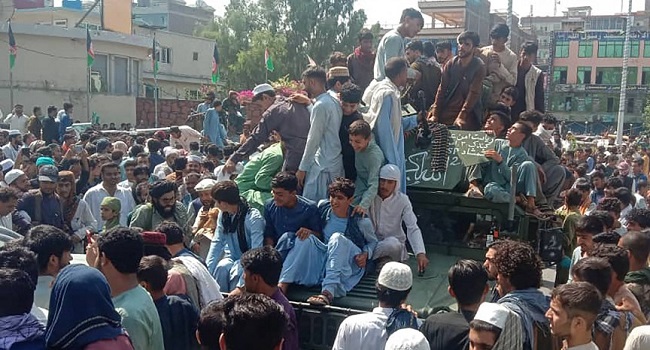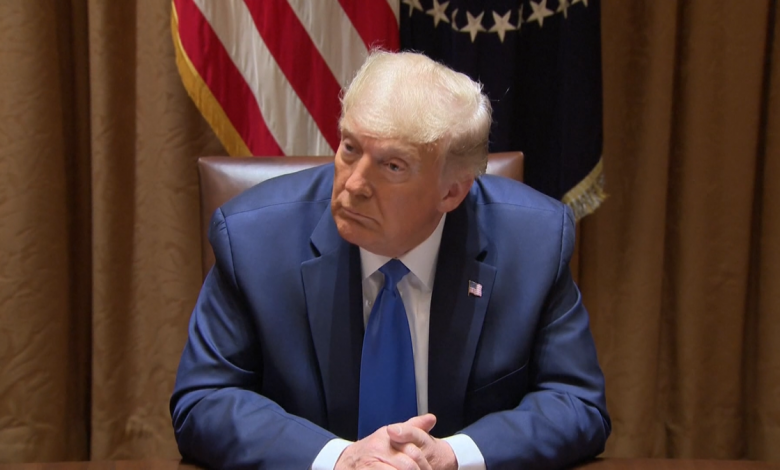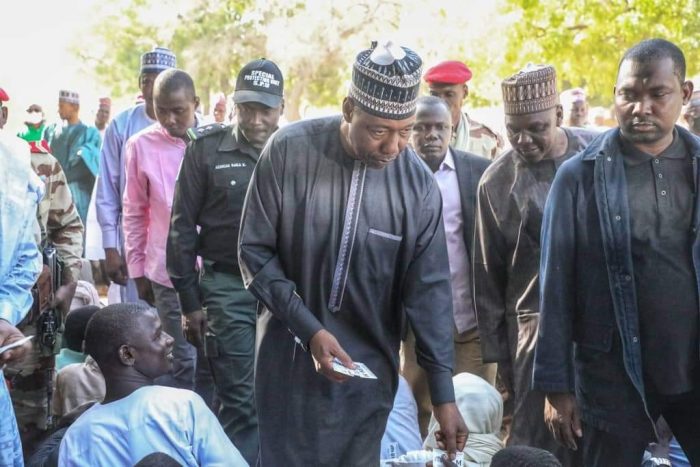The Federal Government has disclosed that Nigeria is housing refugees from 48 countries, with six nationalities: Cameroon, Niger, Syria, Central African Republic and Sudan making up 86 per cent.
TheNewsGuru.com (TNG) reports Alhaji Tijani Ahmed, the Federal Commissioner, National Commission for Refugees, Migrants and Internally Displaced Persons (NCFRMI), made the disclosure on Friday.
Speaking during an event to mark the 2025 World Refugee Day in Abuja, Alhaji Ahmed reiterated FG’s commitment toward protecting and assisting all the 138,154 refugees in the country to rebuild their lives.
World Refugee Day is celebrated on June 20 of every year to raise awareness on refugees’ situations around the world. The theme for this year’s Day is: “Solidarity with Refugees: A call to Action for Inclusion”.
Ahmed noted that the figures represented registered refugees and asylum seekers living in 33 states, including the Federal Capital Territory (FCT).
He explained that the forcibly displaced persons originated from 48 countries, with six nationalities – Cameroon, Niger, Syria, Central African Republic and Sudan making up 86 per cent.
Out of the 138,154 refugees and asylum seekers in Nigeria, he said that there were 32,746 awaiting registration.
“We have 16,215 returnees and 1,396 spontaneous returnees, while the IDPs we have in camps are 3,576,100,” he said.
Ahmed further stated that the IDPs, when added those living outside the camps, that is, the ones living within host communities, would be no fewer than 6.2 million, with many of them innocent women and children.
“So as we celebrate the World Refugee Day, we recognise the contributions refugees have made to our communities.
“It is an invitation to honour refugees’ voices, strengthen community ties and amplify the need for inclusion in national systems, such as social protection and local development frameworks,” he said.
According to him, the objective of the commemoration of World Refugee Day is to celebrate the resilience of refugees and to reiterate the need for countries to support millions of families all over the world who have lost their homes because of violence or war.
“It is a day to recognise the challenges and hardship that refugees face but honour their courage and resilience in the face of overwhelming obstacles and above all, we celebrate their many valuable contributions to nation building.
“As the National Commission for Refugees, Migrants and Internally Displaced Persons, together with our partners, we are proud to have played a crucial role in protecting and assisting refugees in Nigeria,” he added.
Ahmed said that over the years, the commission had worked tirelessly to ensure that refugees received the support they needed to rebuild their lives.
He listed some notable achievements of the commission to include: provision of protection and assistance to thousands of refugees, ensuring their safety and dignity and voluntary repatriation of Nigerian refugees from the neighboring countries of Cameroon and Chad.
Meanwhile, the Filippo Grandi-United Nations High Commissioner for Refugees (UNHCR) has called for collective efforts among countries toward protecting displaced persons in the society.
Represented by Bernadette Muteshi, Grandi stressed the need for supporting the host countries and communities by sharing the responsibility of protecting refugees.
“We must stand with refugees to keep alive their hopes of a better future.
“This World Refugee Day and every day, governments, institutions, companies and individuals can prove that by helping those caught up in senseless conflicts, we move towards greater stability, humanity and justice for us all.
“If we do so, I can promise you that refugees will bring all their courage, spirit and ingenuity to the task of creating a better and brighter tomorrow,” he said.
On his part, the Minister of Humanitarian Affairs and Poverty Reduction, Prof. Nentawe Yilwatda, described the World Refugee Day as a call to action, saying that refugees were not just statistics but fathers, mothers and children whose lives were interrupted.
Represented by the Director of Humanitarian in the ministry, Hajia Jummai Katagun, Yilwatda reaffirmed government’s commitment to the Global Compact on Refugees to ensure, not just protection but opportunity, safety and belonging.
“They are our neighbours and we must let no borders define our humanity. As crises grow more complex, from violent conflicts to climate displacement, so too must our response grow more courageous.
“As the Federal Ministry of Humanitarian Affairs and Poverty Reduction, our vision is to build a nation where no displaced person is left behind, where every refugee can rise, rebuild and thrive,” the minister said.
